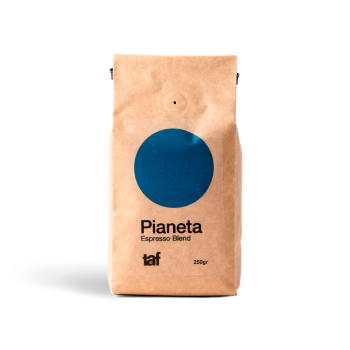How And Why Coffee Is So Addictive ?
Posted by Cascara UK on August 19, 2024

Coffee’s status as a beloved morning ritual, an afternoon pick-me-up, or a comforting daily habit is no coincidence- this drink has a powerful allure that keeps millions coming back for more. The addictiveness of coffee isn’t just about its rich aroma or satisfying taste; it’s deeply rooted in its chemical composition and the effects it has on the human body. Let’s explore why coffee is so addictive and how it manages to hold such a strong grip on so many people.
At the heart of coffee’s addictive nature is caffeine, a natural stimulant found in coffee beans. When you consume caffeine, it quickly enters your bloodstream and makes its way to your brain. There, it blocks adenosine receptors, which are responsible for making you feel sleepy. With adenosine suppressed, you experience increased alertness, improved concentration, and a temporary boost in energy. This heightened state of wakefulness is one of the primary reasons people reach for a cup of coffee, especially when they need to power through their day.
However, caffeine’s effects go beyond just keeping you awake. It also triggers the release of dopamine, the brain’s “feel-good” neurotransmitter. Dopamine is associated with pleasure, motivation, and reward, and its release creates a sense of well-being and satisfaction. This pleasurable sensation reinforces the behaviour, leading you to seek out coffee repeatedly to replicate that feeling. Over time, your brain begins to associate coffee with a positive experience, making you more likely to crave it.
The habitual nature of coffee consumption also plays a significant role in its addictiveness. For many people, drinking coffee becomes a deeply ingrained routine, tied to specific times of the day, social interactions, or personal rituals. The morning cup of coffee, for example, is not just about the caffeine kick- it’s also about the comfort and predictability of starting the day with a familiar ritual. These habits become so ingrained that even the smell of coffee can trigger cravings and the anticipation of that first sip.
While coffee addiction is primarily driven by its physiological effects, psychological factors also contribute. The social aspect of coffee drinking- meeting friends for a cup, enjoying a break at work, or savouring a moment of solitude- adds an emotional layer to the experience. This combination of physical and psychological factors creates a powerful connection to coffee, making it difficult to break free from the habit once it’s established.
In conclusion, coffee’s addictiveness is a complex interplay of chemical, habitual, and psychological factors. Caffeine’s stimulating effects on the brain, the dopamine-induced pleasure, and the deeply rooted daily rituals all contribute to coffee’s powerful grip on so many people. While moderate coffee consumption can be part of a healthy lifestyle, it’s important to be mindful of how and why we consume it, ensuring that our coffee habits remain a source of enjoyment rather than dependency.
